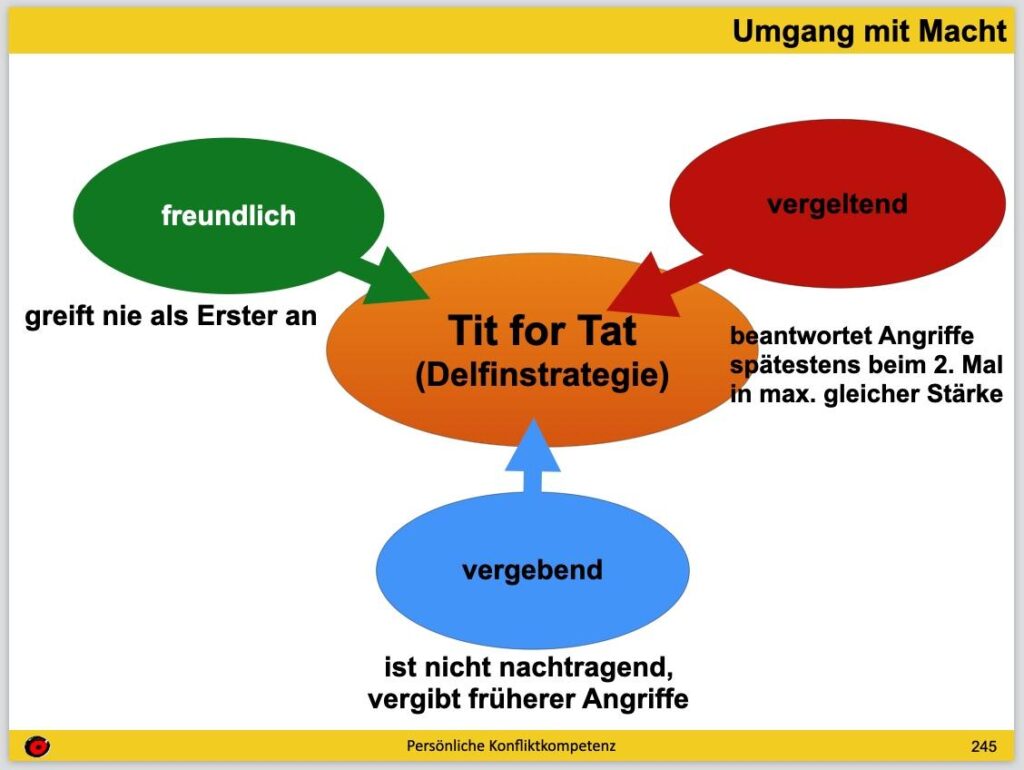Escalating Diplomatic Strains: France and Algeria Engage in Reciprocal Expulsions
In a significant intensification of diplomatic discord, France and Algeria have engaged in a reciprocal expulsion of diplomatic personnel, marking a new low in their already strained relationship. This development unfolds against a complex backdrop shaped by historical wounds and evolving geopolitical interests. The ongoing dispute not only threatens bilateral cooperation but also carries broader consequences for stability across North Africa and the Mediterranean region. As both governments stand firm on their positions, this episode underscores the enduring impact of colonial legacies intertwined with present-day foreign policy challenges, drawing global attention to the fragile state of Franco-Algerian relations.
Understanding the Reciprocal Expulsions and Their Impact
The recent exchange of expulsions between France and Algeria exemplifies retaliatory diplomacy—a tactic where states respond to perceived provocations with mirror actions. Rooted deeply in nationalist sentiment on both sides, these measures risk entrenching divisions that could stall any progress toward reconciliation or cooperation. Experts warn that such tit-for-tat responses may aggravate existing issues related to migration management, security collaboration, and cultural engagement.
The ramifications extend beyond political symbolism; economic sectors such as energy trade—where both countries share vested interests—may face disruptions if tensions persist. Key areas affected include:
- Bilateral Commerce: Rising hostilities threaten trade flows vital to both economies.
- Security Partnerships: Joint initiatives targeting terrorism networks and transnational crime risk being undermined.
- Cultural Diplomacy: Programs fostering intercultural dialogue may diminish amid growing mistrust.
This standoff highlights how unresolved historical grievances can complicate contemporary diplomacy, potentially destabilizing not just bilateral ties but also regional dynamics involving neighboring countries reliant on Franco-Algerian cooperation.
Historical Roots Behind Franco-Algerian Diplomatic Challenges
The friction between France and Algeria is deeply entrenched in their shared colonial history spanning over 130 years—from 1830 until Algerian independence was achieved in 1962 after a brutal war for liberation. The Algerian War (1954–1962) remains one of the most traumatic episodes marked by widespread violence resulting in an estimated one million Algerians killed alongside thousands of French casualties. Beyond physical destruction, this period left scars through contested memories surrounding war crimes allegations, differing narratives about national identity, and debates over how history should be commemorated today.
Post-independence relations have been further complicated by contentious issues such as immigration policies affecting millions within the sizable Algerian diaspora residing in France. Recent diplomatic flare-ups—including expulsions—reflect these unresolved tensions manifesting anew amid disputes over visa regulations, economic competition, and social integration challenges within Europe’s second-largest immigrant community from North Africa.
| Date | Event | Outcome |
|---|---|---|
| March 2021 | France expels an Algerian diplomat citing security concerns | Algeria responds by recalling its ambassador from Paris temporarily |
| August 2022 | France enforces stricter visa rules impacting Algerians traveling abroad | Algeria lodges formal protest against perceived discrimination |
| October 2023 | Mutual expulsion of diplomats following escalating rhetoric between governments | < td >Heightened diplomatic strain with uncertain prospects for immediate resolution td >
Strategies for Amelioration: Pathways Toward Constructive Engagement
A sustainable resolution requires deliberate efforts centered around open communication channels grounded in respect for each nation’s sovereignty while acknowledging shared histories. Recommended approaches include:
- Create Regular Dialogue Platforms : strong > Institutionalize frequent high-level meetings aimed at airing grievances transparently while identifying mutual benefits .< / li >
- < strong >Promote Cultural Initiatives : strong > Expand exchange programs highlighting common heritage , arts , language , which can soften nationalist posturing .< / li >
- < strong >Establish Joint Working Groups : strong > Develop specialized committees focusing on trade facilitation , counterterrorism coordination , diaspora affairs .< / li >
- < strong >Leverage Third-party Mediation : strong > Invite impartial international organizations or respected mediators to facilitate trust-building conversations .< / li >
< / ul >
Additionally , long-term confidence-building measures might involve :
- A Shared Vision Statement : strong > li >< p style = "margin-left:20px;" > p >< p style = "margin-left:20px;" > p >< p style = "margin-left:20px;" > p >< ul style = "list-style-type:none;margin-left:-40px;" > ul >< ul style = "list-style-type:none;margin-left:-40px;" > ul />
